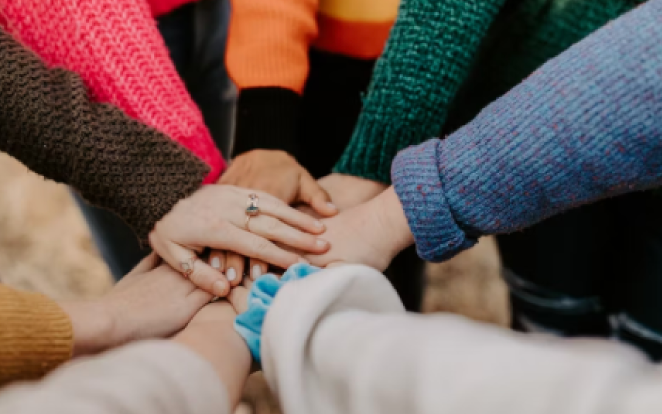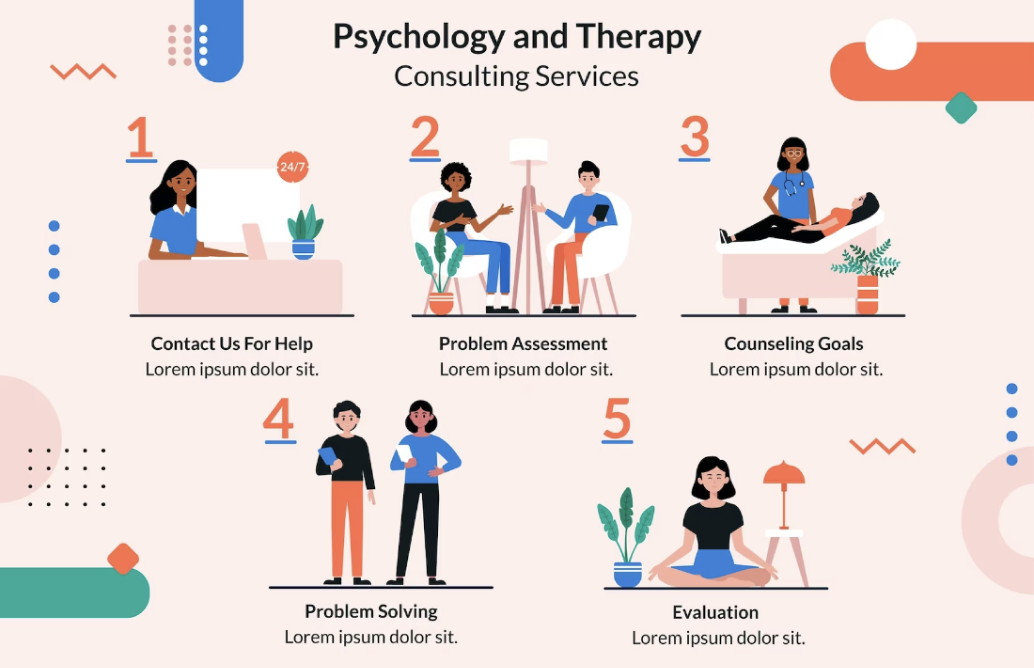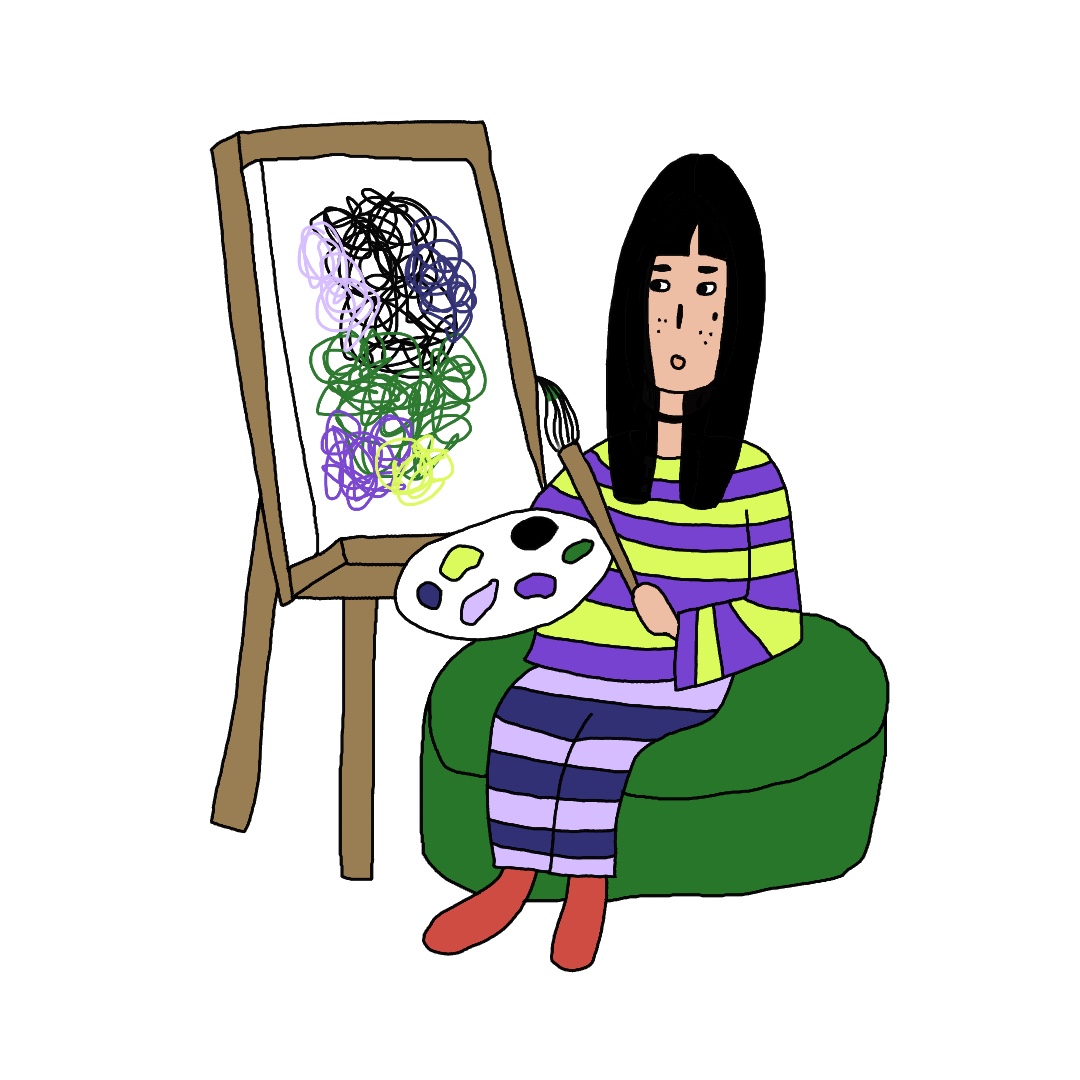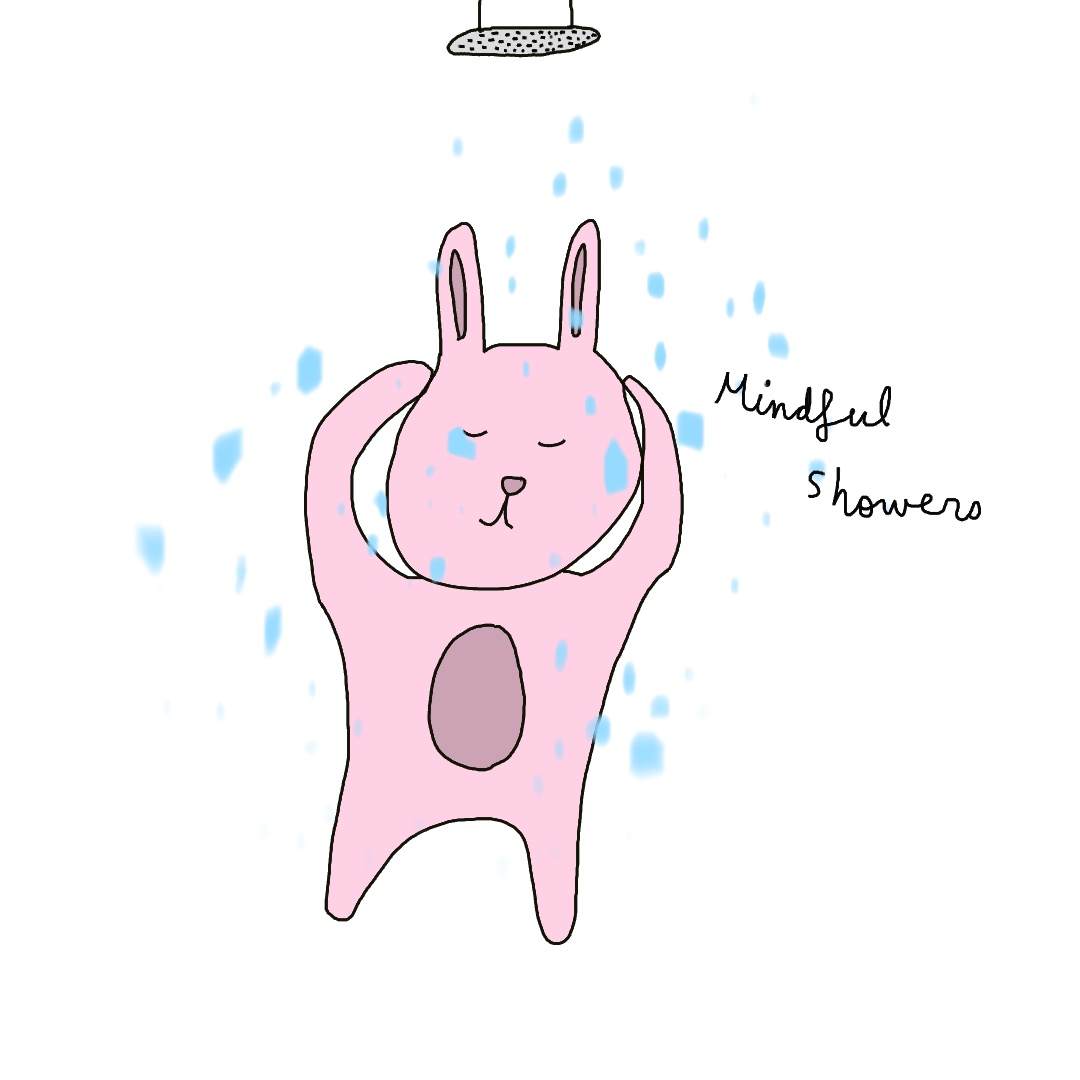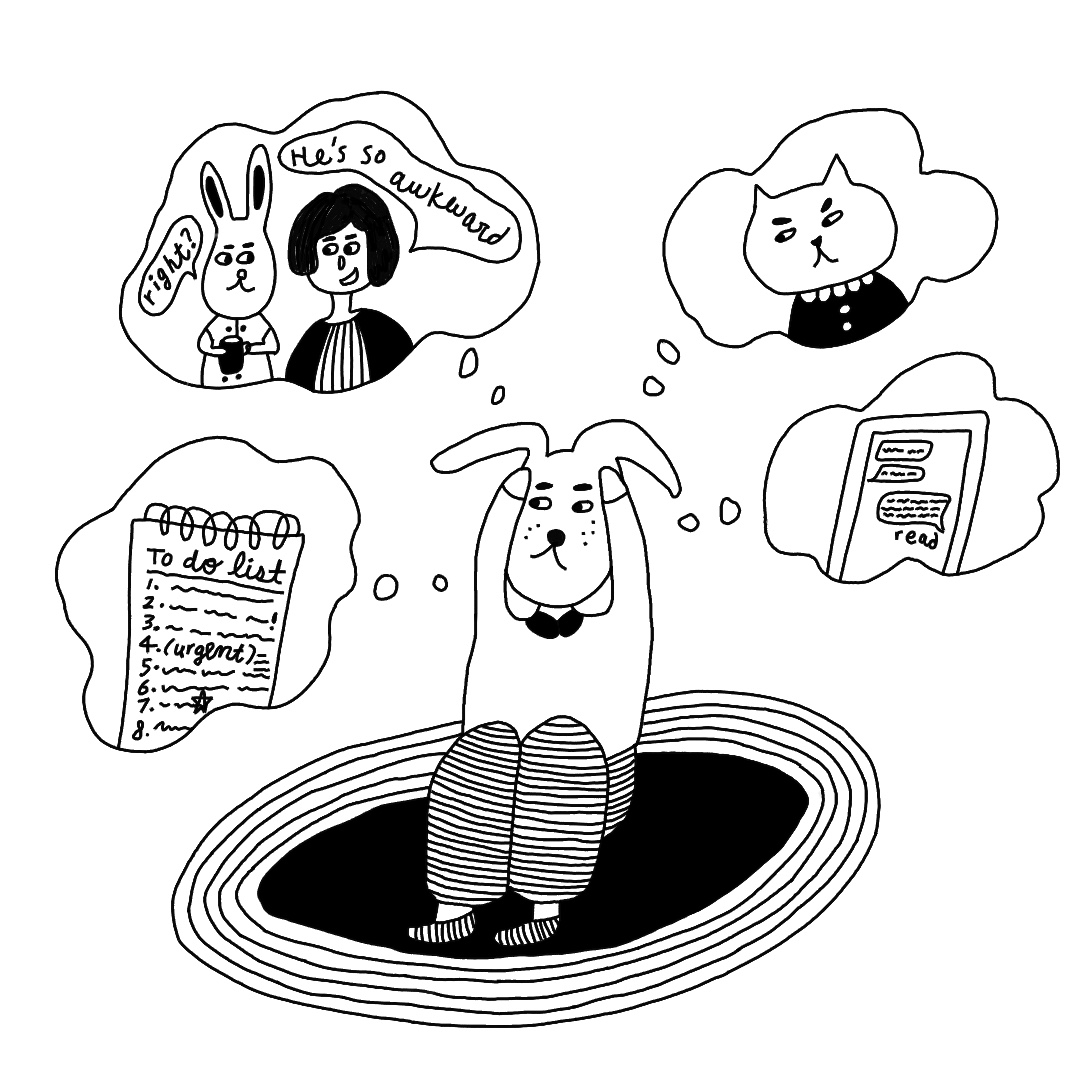Trauma encompasses experiences that can overwhelm and leave you feeling confused, unsafe, and unable to regulate our emotional selves. Responses to trauma have the potential to isolate you from others. However, supportive inter-community connections can be the very force needed for healing.
Whether your trauma is individual or collective, or perhaps both, you can still benefit from social connection as a form of healing. In this article, we’ll discuss trauma in the context of post-traumatic stress disorder (PTSD), how PTSD uniquely impacts the LGBTQ+ community, and how intercommunity connection can be a factor of your healing journey.
How trauma uniquely impacts LGBTQ+ people
A 2023 study published in Epidemiology and Psychiatric Sciences explains that LGBTQ+ people are at a higher risk of developing PTSD compared to their cisgender and straight peers.
Trauma affects the LGBTQ+ community both on an individual and collective scale. Individual people, like you, may experience a single, one-off traumatic incident like a car crash, physical assault, or natural disaster. However, since the LGBTQ+ community is very much marginalized, you may also experience collective trauma. According to a 2011 study, research conducted since the 1990s suggests that elections designed to limit the rights of the LGBTQ+ community have the potential to negatively impact LGBTQ+ people psychologically. A historical example is the AIDS epidemic. Although a social movement unified LGBTQ+ people through grassroots organizing, there was collective grief for lives lost to AIDS.
Even today, LGBTQ+ rights are being threatened within the United States. In today’s heightened political climate, there are bans against drag performances, youth gender-affirming care, books by LGBTQ+ authors, trans youth participation in sports, and more. Whether you’re personally impacted by these issues on a local or state level or not, there’s still an emotional weight of knowing your community is under attack, which can result in a trauma response.
Even if our trauma is collective and experienced on a community-wide scale, it can still isolate us from each other. A common symptom of PTSD can include feelings of social isolation, according to the National Institute of Mental Health.
Intercommunity connection can help
Given the circumstances, it’s understandable to feel powerless over our trauma. However, there’s still hope. Seeking out supportive intercommunity connections can be considered a form of trauma healing. When we seek out a supportive community, it can help manage and potentially reduce feelings of isolation and loneliness associated with PTSD.
Green flags for supportive social connections
Trauma responses can often be a result of unhealthy relationships, such as intimate partner violence. Admittedly, it can be difficult to seek out new relationships when you’ve been burned, especially since connections within the LGBTQ+ community may include a former partner.
On your healing journey, you might find yourself redefining how you approach relationships. Rather than finding community anywhere with anyone, you might consider approaching social connection with more care and connection than in the past.
That’s why it’s important to understand what makes a supportive, healthy social connection. Here are some examples of green flags to look out for from Anneliese Singh, author of The Queer and Transgender Resilience Workbook:
- + Supports your growth as a person
+ Refrains from judgment
+ Seeks to understand your experience
+ Provides space to have disagreements and to reconnect
+ Offers opportunities to trust one another more deeply
+ Offers warmth and encouragement
+ Enjoys shared similarities
+ Strives to understand differences
+ Provides a space of acceptance and positive regard
+ Offers a point of view different from your own
+ Celebrates accomplishments and triumphs
+ Gives support during especially difficult times
+ Provides accountability and support for self-care
You might have green flags of your own, beyond this list such as whether someone is aware of their own capacity and ability to say “yes” or “no.” As you navigate connections on your healing journey, remember what green flags do (or don’t) show up, as that can assess whether a relationship is healthy or not.
Now, there comes the question: how do you find these supportive intercommunity connections?
How to forge supportive LGBTQ+ community connections
Supportive social connections, especially within the LGBTQ+ community, can help you on your healing journey. It helps to be intentional and seek out communities with shared values to yours.
For instance, if you’ve recently stopped drinking alcohol and want more sober friends, you’re unlikely to make sober friends at a bar. However, if you’re close to Manhattan, there is a sober dive bar
—Hekate Café & Elixir Lounge—dedicated to fun, non-alcoholic drinks. (Note that this isn’t a designated gay bar, but many LGBTQ+ folks can be found there!)
Suggestions for finding LGBTQ+ community
Because Kip Therapy is based in New York City, some of the suggestions below are NYC-centric, which is why we also included virtual options for those outside of the area.
- + Book clubs like gay_writes online book club and The Little Gay Book Club
- + Political organizations like ACT UP and Black and Pink
- + Your neighborhood drag show
- + Community apps like Gleam and Lex
- + Events hosted at local LGBTQ+ community hubs like The Lesbian, Gay, Bisexual & Transgender Community Center and Leslie Lohman Museum of Art
- + LGBTQ+ bars like Cubby Hole, Henrietta’s, Stonewall Inn and 3 Dollar Bill which also host events like drag shows
- + Professional organizations like OUT in Tech and Pride at Work
Looking for an LGBT-competent therapist? Book a free discovery call today to see if Kip Therapy is right for you!

